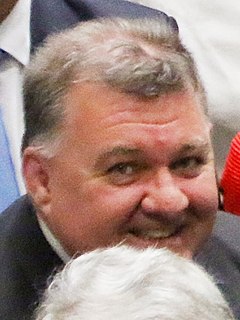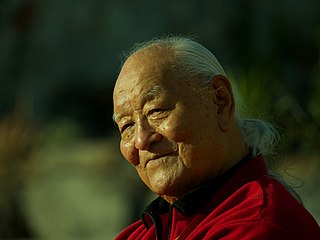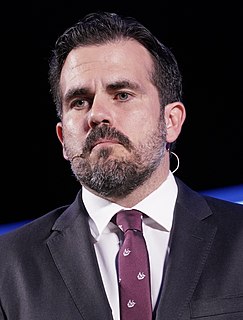A Quote by James K. Polk
It is confidently believed that our system may be safely extended to the utmost bounds of our territorial limits.
Related Quotes
The first and most important rule to observe...is to use our entire forces with the utmost energy. The second rule is to concentrate our power as much as possible against that section where the chief blows are to be delivered and to incur disadvantages elsewhere, so that our chances of success may increase at the decisive point. The third rule is never to waste time. Finally, the fourth rule is to follow up our successes with the utmost energy. Only pursuit of the beaten enemy gives the fruits of victory.
I think that human beings have gotten as far as we've gotten because of our adaptability, our ability to adapt, and our ability to dovetail our technologies - our brains to our tools. With the Industrial Revolution, we transcended the limits of our muscles. With the digital revolution, we transcend the limits of our minds.
Duality is the real root of our suffering and of all our conflicts. All our concepts and beliefs, no matter how profound they may seem, are like nets which trap us in dualism. When we discover our limits we have to try to overcome them, untying ourselves from whatever type of religious, political, or social conviction may contain us. We have to abandon such concepts as 'enlightenment', 'the nature of the mind', and so on, until we no longer neglect to integrate our knowledge with our actual existence.
The reasons why images are so primal and people immediately relate to it is that we are exquisitely engineered to interpret information that is arrayed in two dimensions. That's our eyesight. That's how our eye-brain system works. So it immediately feels to us when we look at an image like we have extended our senses.
The steady character of our countrymen is a rock to which we may safely moor; and notwithstanding the efforts of the papers to disseminate early discontents, I expect that a just, dispassionate and steady conduct, will at length rally to a proper system the great body of our country. Unequivocal in principle, reasonable in manner, we shall be able I hope to do a great deal of good to the cause of freedom & harmony.
Yet the experience of four thousand years should enlarge our hopes, and diminish our apprehensions: we cannot determine to what height the human species may aspire in their advances towards perfection; but it may safely be presumed, that no people, unless the face of nature is changed, will relapse into their original barbarism.

































